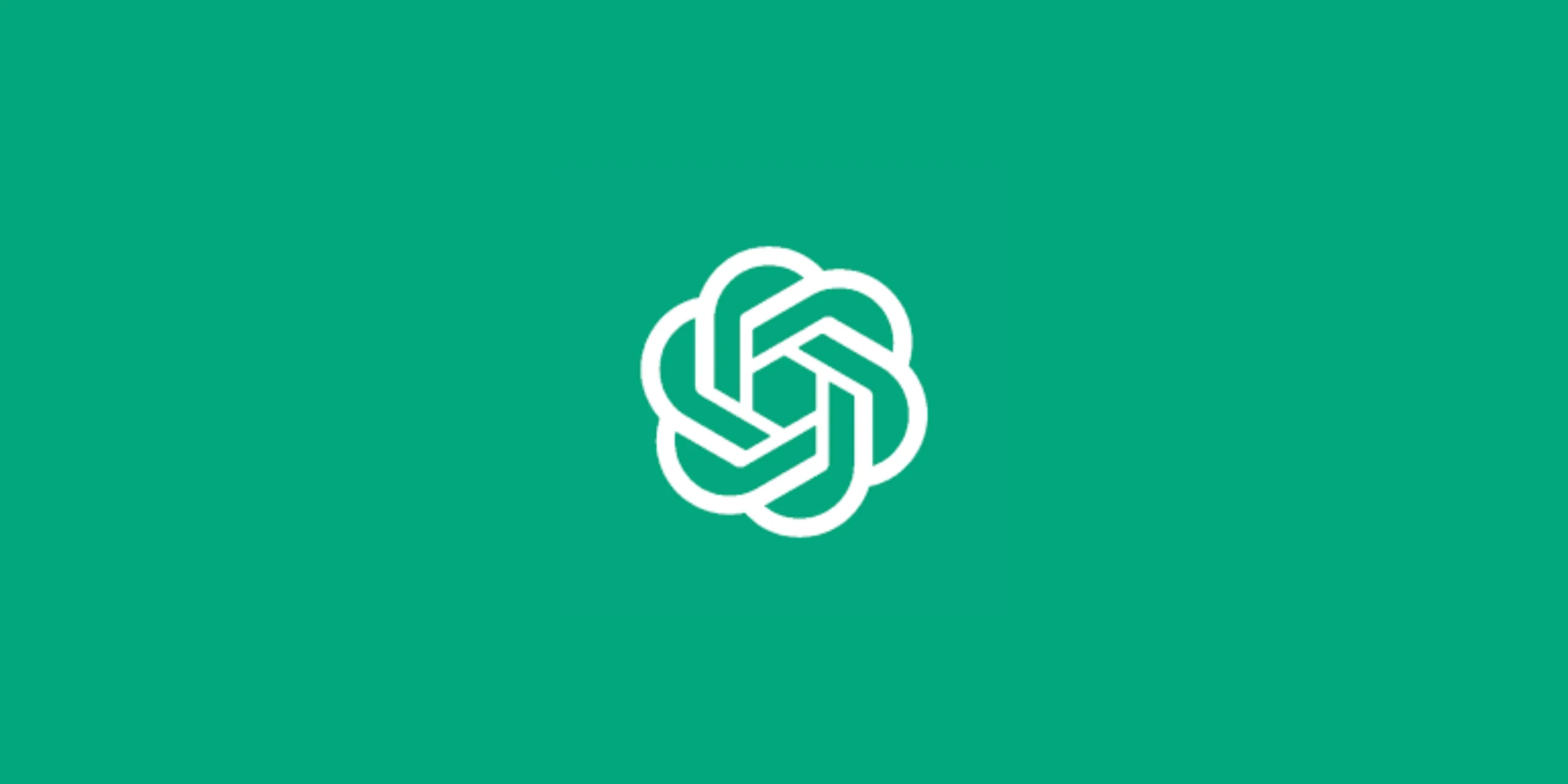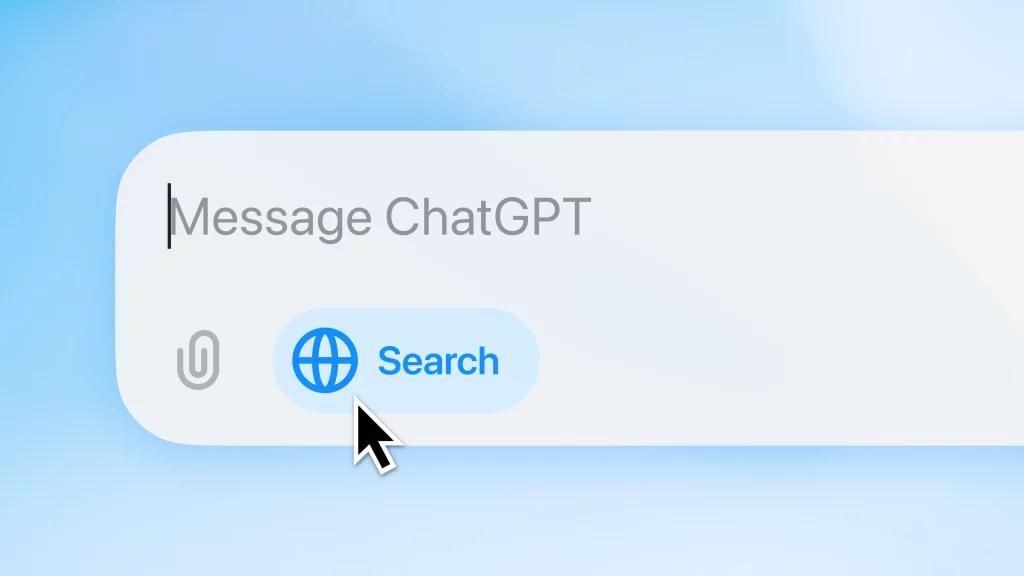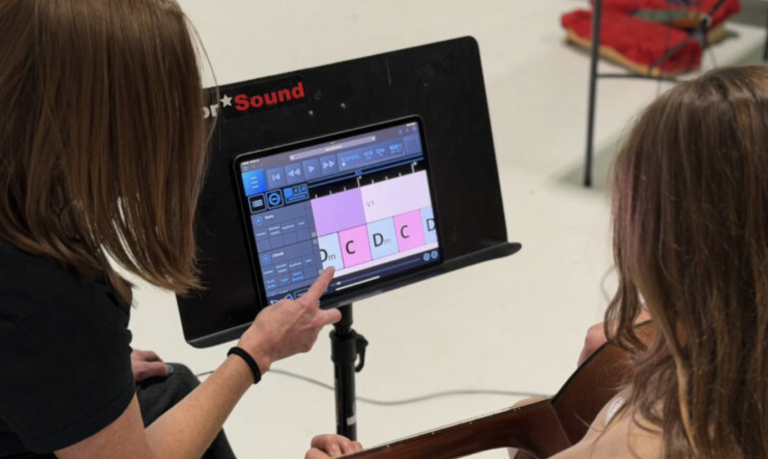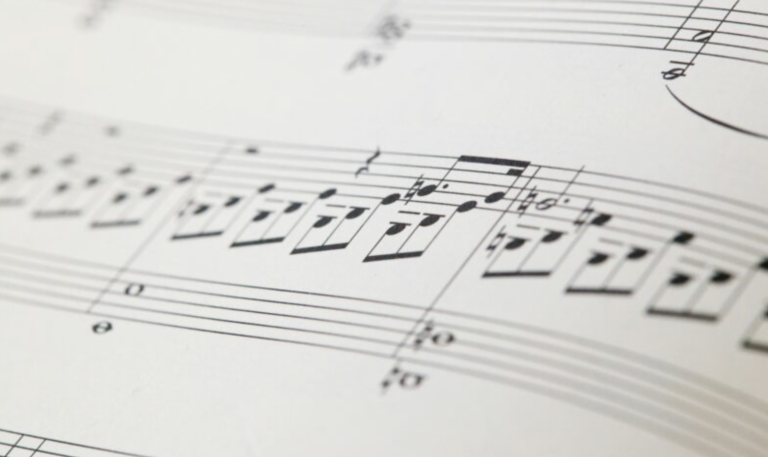
OpenAI, ChatGPT’s Parent Company, Considers Its Next Steps with the Copyright Conflict
Recently, ChatGPT violated German copyright laws by using hits from multiple successful artists to train its language models. OpenAI had the case filed against them in November 2024 by GEMA, a collecting society that handles the rights of lyricists, music publishers, and composers. GEMA has one-hundred thousand members in Germany, but also represents copyrights for over two million rights holders globally.
OpenAI defends itself by stating, “We respect the rights of creators and content owners and are having productive conversations with many organizations around the world, so that they can also benefit from the opportunities of this technology.”
The case centered around nine German hit songs, The Guardian reports, and claimed that they were “used by ChatGPT to hone its language capabilities.” OpenAI was ordered to pay undisclosed damages for using such copyrighted material without approval. GEMA’s legal advisor, Kai Welp, announced that the organization wishes to negotiate with OpenAI on the compensation of rights holders.
OpenAI argued that its language models do not copy or store chosen songs, but they learn patterns and generate new outputs based on these specific songs. Since the output is generated by users from their prompts, OpenAI argued that they “should be held legally viable.” Ultimately, that was rejected by the court.
“Today, we have set a precedent that protects and clarifies the rights of authors: even operators of AI tools such as ChatGPT must comply with copyright law,” says Tobias Holzmüller, GEMA’s chief executive. “Today, we have successfully defended the livelihoods of music creators.”
OpenAI said in a statement of their own, “We disagree with the ruling and are considering next steps. The decision is for a limited set of lyrics and does not impact the millions of people, businesses and developers in Germany that use our technology every day.”

Photo Credits: openai.com, graffersid.com








